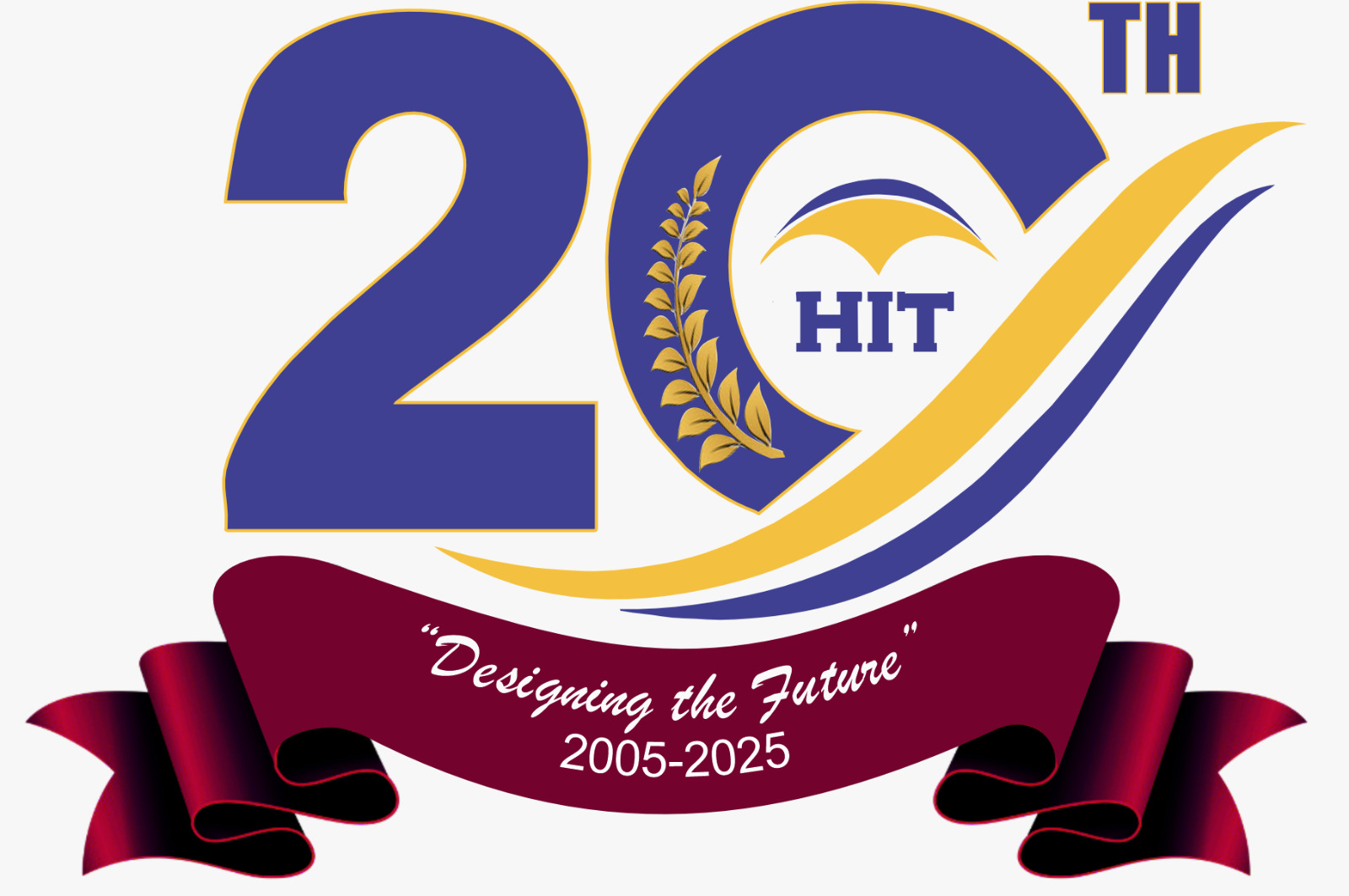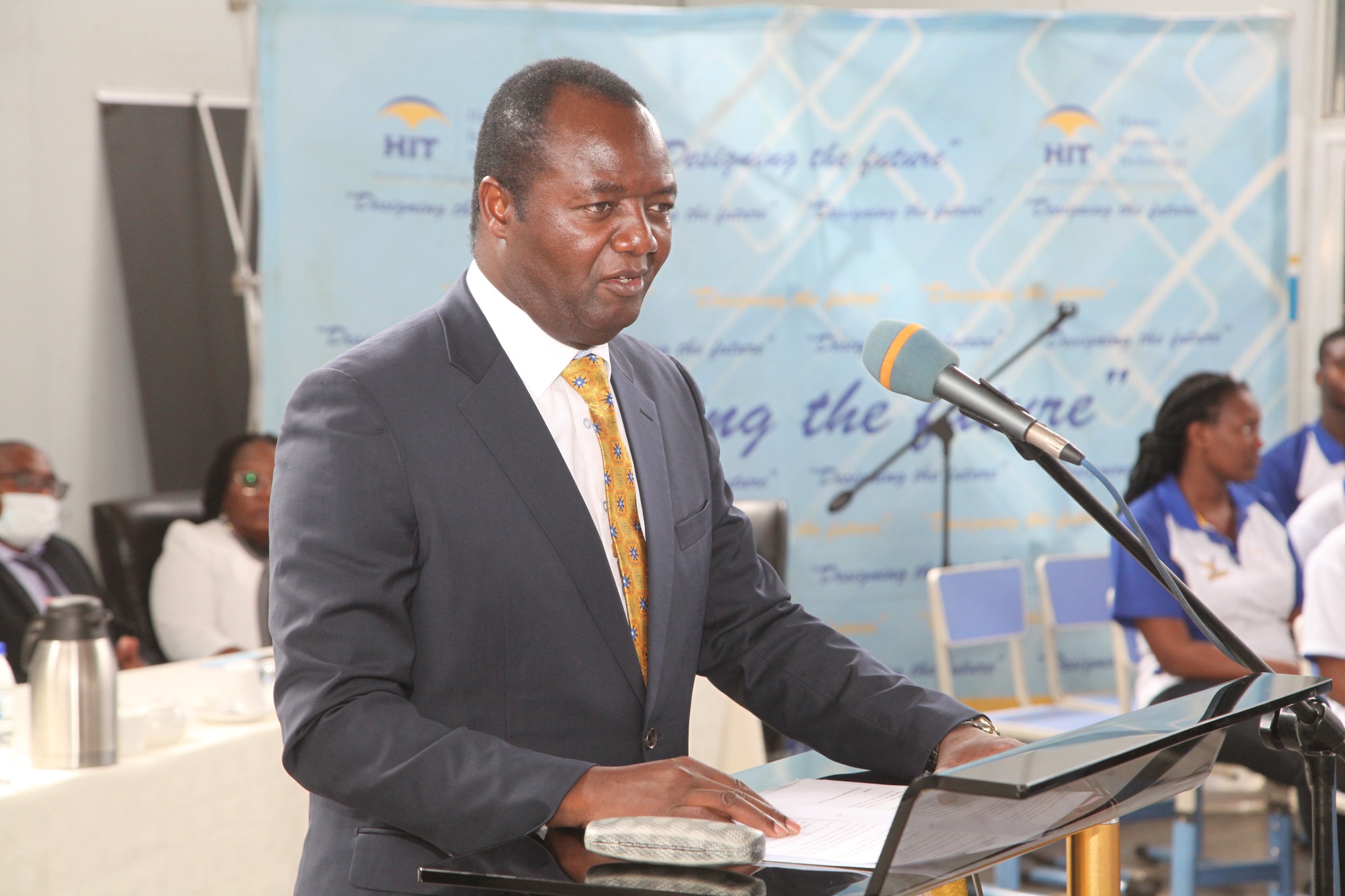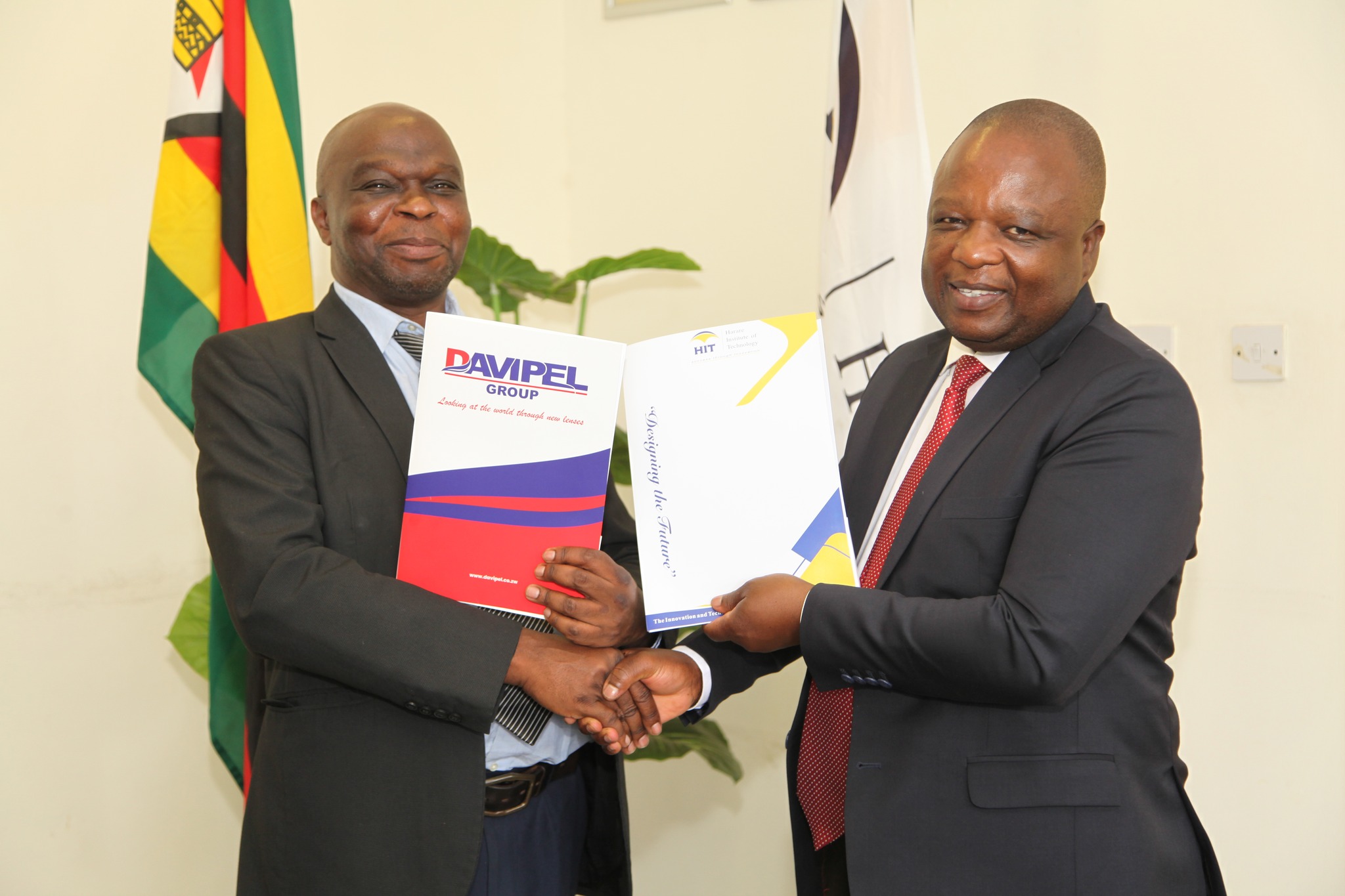The Harare Institute of Technology (HIT) is proudly positioning itself at the forefront of educational digital transformation as a key implementing partner in the UNESCO-led TECH SPARK Africa project. This ambitious multi-national initiative, spanning Botswana, Namibia, and Zimbabwe, aims to empower a generation of African innovators by integrating cutting-edge simulation technologies into STEM education.
The project, coordinated by the UNESCO Regional Office for Southern Africa (UNESCO ROSA) and aligned with the African Union’s Agenda 2063, leverages digital simulation platforms to provide students with immersive, practical learning experiences that complement theoretical knowledge.
Building Digital Capacity at HIT
A cornerstone of the 2025 launch was a specialised 12-hour online training programme focused on using panoramic learning hardware and software. A total of 67 educators and staff from the Botswana International University of Science and Technology (BIUST), Namibia University of Science and Technology (NUST), and the Harare Institute of Technology (HIT), participated in the programme. An overwhelming 96% of participants expressed a willingness to adopt simulation technology at their institutions, signalling a strong readiness for digital change.
Representing Zimbabwe on the Global Stage
The project’s global relevance was highlighted at the UNESCO Global Forum on Digital Transformation in TVET, held in Shenzhen, China, in November 2025. Ms Rachael Chikoore, Dean of the School of Information Science and Technology at HIT, represented Zimbabwe and the TECH SPARK Africa project. Alongside her counterparts from Botswana and Namibia, Ms Chikoore presented HIT’s digital transformation initiatives to a global audience. She participated in hands-on training with Virtual Reality (VR), Augmented Reality (AR), and Mixed Reality (MR) technologies.
“This is a transformative opportunity for HIT,” said Ms Chikoore. “Engaging with global leaders in smart education allows us to bring back invaluable insights and partnerships that will directly enhance the skills and competitiveness of our graduates.”
Forging the Future of Learning (2026-2027)
The project’s forward-looking agenda is set to deepen HIT’s involvement over the next two years. The next key steps include the establishment of a specialised task team to develop and accredit new simulation-based training modules, co-designing simulation training content aligned with Zimbabwe’s labour market needs, and receiving continuous technical support to integrate these advanced tools into HIT’s curriculum effectively.
This partnership with UNESCO solidifies HIT’s role as a national leader in Science, Engineering and Technology (SET) training, research, innovation and industrialisation, fulfilling its mandate of developing, incubating, transferring, and commercialising innovative technologies to accelerate industrial growth, fostering high-tech enterprises, and equipping our young people with advanced technical skills to propel national development.




